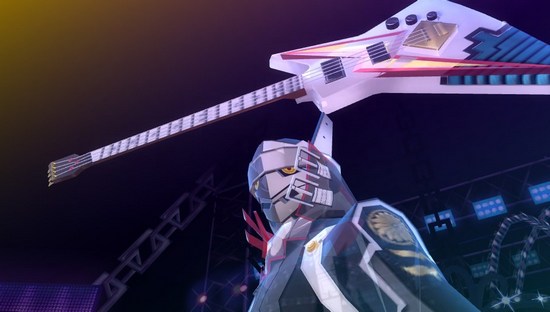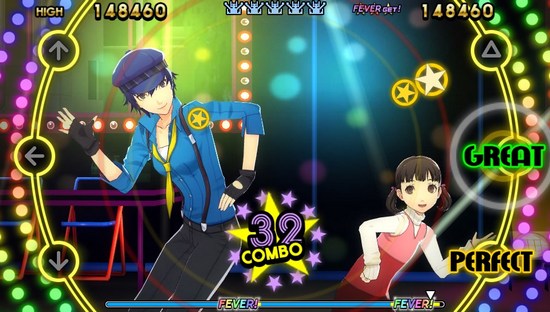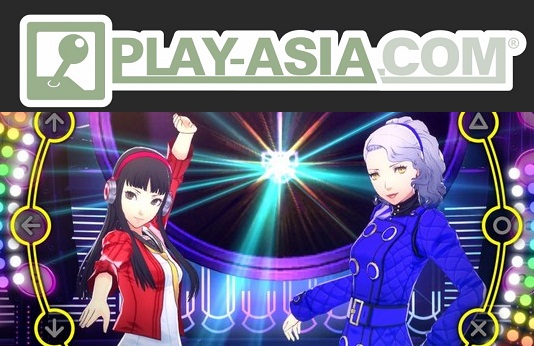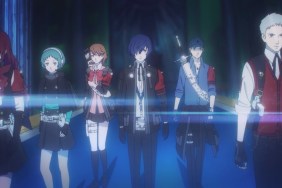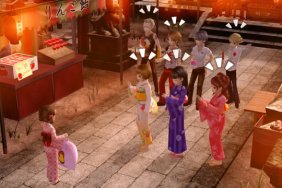What sets Persona 4: Dancing All Night apart in the world of rhythm games is the feel of dancing. I don’t know the secret, but Atlus somehow made P4D so that I feel like I’m really participating. Hatsune Miku and some other rhythm titles also have dancing characters bopping around while players jam away with rhythmic taps, but none of them made me feel like I was right in there experiencing the action. Watching Yosuke drop his sweet moves while my fingers move about the buttons and my head bobs with the beat creates more satisfying gameplay than I’ve found in any music game in the last several years.
It’s some combination of the great songs plus the awesome choreography and the great musical gameplay. Whatever the recipe, the outcome is a game that feels addictive in the best way.

Persona 4: Dancing All Night begins with standard Easy, Normal, and Hard difficulty levels, which feel more accurately named than most games. Truly, Easy was actually a breeze, Hard was tough to deal with until getting better, and Normal could go either way. It helped me a lot when becoming gradually better at the game. Just in time for “Hard” to become the new “Normal,” I unlocked the extra challenging “All Night” mode. This game is super freaking accessible.
While it sounds nice at first to have 27 tracks built into the game, spending more than a few hours with it shows that the music lineup isn’t as deep as numbers make it look. There are actually only 19 total songs, as the rest are remixes and alternate versions. Pursuing My True Self is in the game three times, and while all those versions are good to have, the same song remixed doesn’t alleviate the nagging feeling that the song list is a little thin.

If you’re okay with dedicating a bit more memory card space to it, there are two free DLC songs that help somewhat. (That’s in the Japanese version. I don’t know if they’ll be free or included or whatever in the western versions.)
The other downer is just how many songs are taken up by Yu. Persona 4 featured a silent protagonist, devoid of his own personality or quirks, because his function was a blank avatar for players to project themselves onto. That collides with Dancing All Night, because now he suddenly has to have his own style, reactions, and emotions — not yours. Yu has five songs, Nanako has three, Margaret has one, and everyone else has two. I understand him being the lead dancer in some songs, but giving him five while everyone else gets only one or two is disproportionate and dumb. I’d love to shave off one or two of his tracks and give them to seriously anyone else. His dancing style is boring and he’s the character to whom the player base at large is the least attached. This decision is baffling.
What people love and remember, talk about, and idolize about Persona games, at least the most recent couple, is the cast. So what fans want most is to see these characters continue to interact with each other and solve problems together. Persona 4‘s has a story mode that serves this purpose, even though it might be intentionally bad.
Shadows, the bad guys from Persona 4, show up and are kidnapping pop idols all over the place. The Shadows, it turns out, really love music. Our heroes take it upon themselves to dance the Shadows to death! They’ll pick their own music and dance in their own styles to lure the Shadows in to a false comfort, after which they can summon their Personas. Long the source of magic power in Persona battle systems, the Personas now play instruments to rock Shadows into oblivion. Yeah.
You’ll never be taken away from how contrived it all is, but the story serves its purpose in providing the cast with an excuse to interact and overcome adversity.
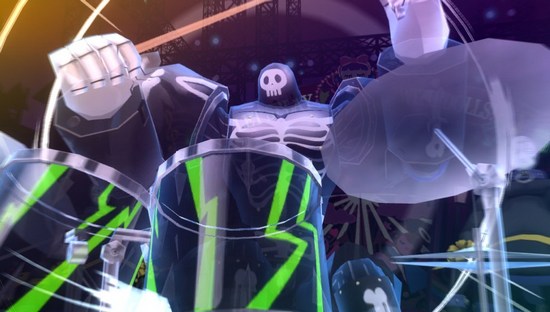
Progress in Story Mode yields a few collectibles and costume parts and eventually access to the end credits song in Free Dance. It also adds the ability to get a Velvet Room remix for Margaret. Meanwhile, clearing all songs in Free Dance opens a special story prologue chapter. There’s always incentive to keep making progress, even though the gameplay was already fun enough to justify playing these songs again and again.
Atlus could have just slapped together a good-enough music game with Persona characters and themes and called it a day, but in the end, I got way more than fan service. Dancing All Night is an excellent rhythm game on its own, with perfectly balanced difficulty and music that fits this genre, even if you’re not a Persona fan. The whole package together made it one of my most-played games of the year so far.
Persona 4 Dancing All Night
-
Persona 4 Dancing All Night #1
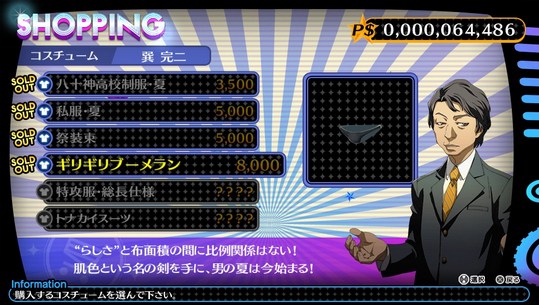
-
Persona 4 Dancing All Night #2
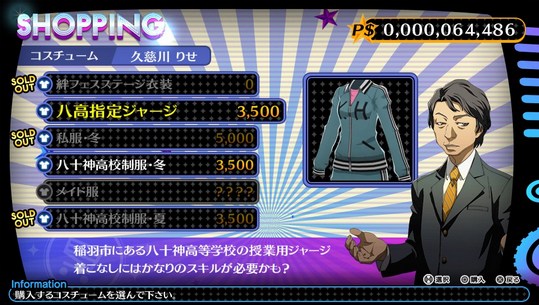
-
Persona 4 Dancing All Night #3
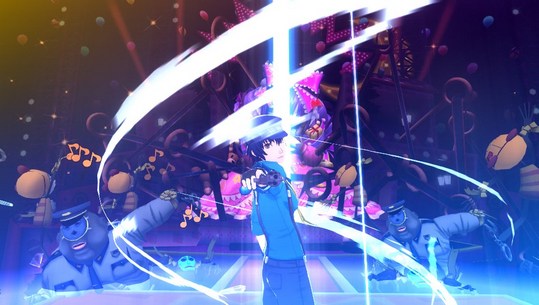
-
Persona 4 Dancing All Night #4
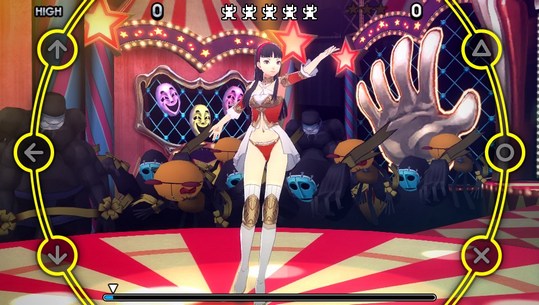
-
Persona 4 Dancing All Night #5
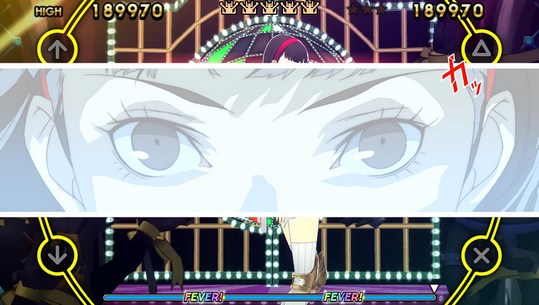
-
Persona 4 Dancing All Night #6
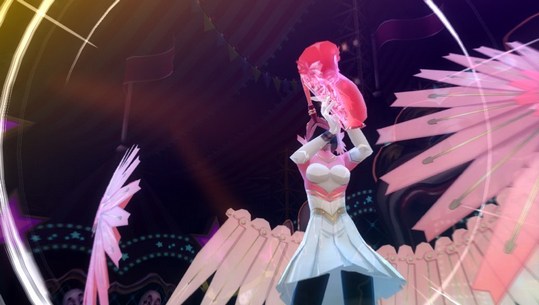
-
Persona 4 Dancing All Night #7
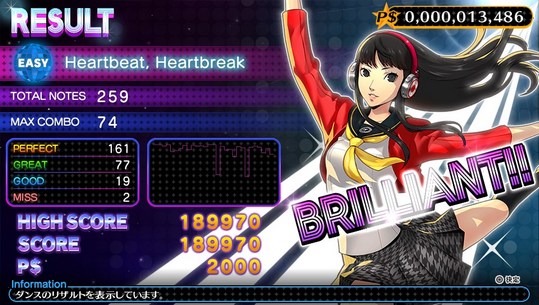
-
Persona 4 Dancing All Night #8
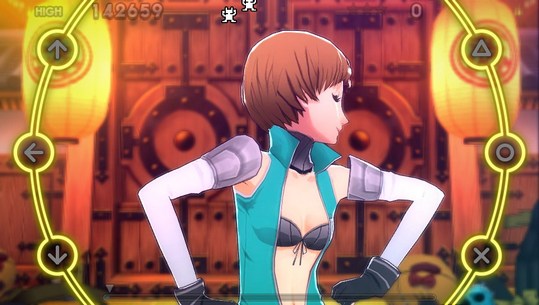
-
Persona 4 Dancing All Night #9
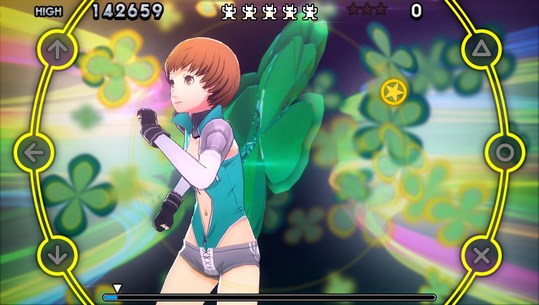
-
Persona 4 Dancing All Night #10
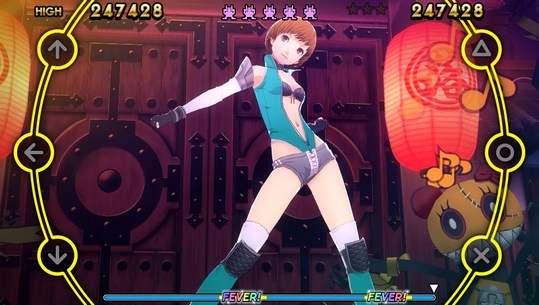
-
Persona 4 Dancing All Night #11
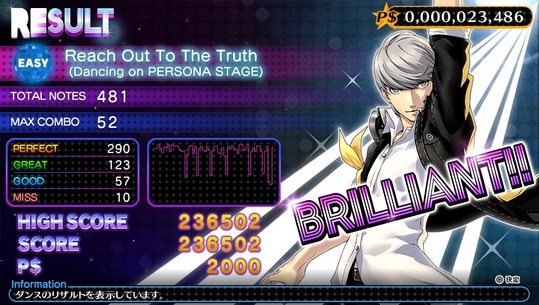
-
Persona 4 Dancing All Night #12
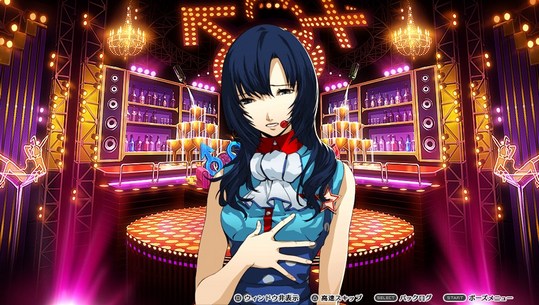
-
Persona 4 Dancing All Night #13
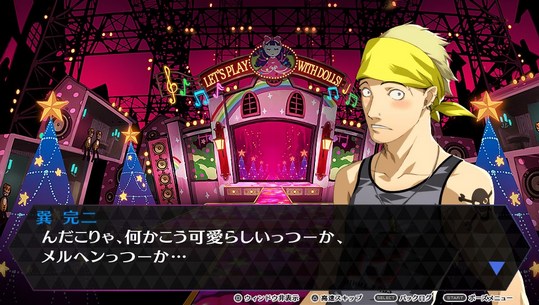
-
Persona 4 Dancing All Night #14
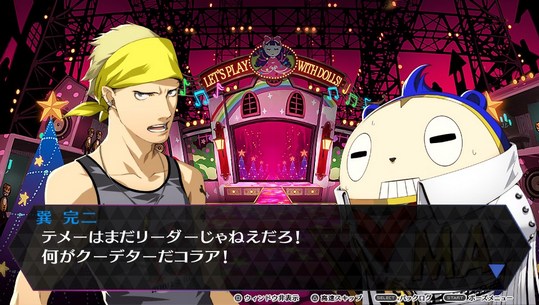
-
Persona 4 Dancing All Night #15
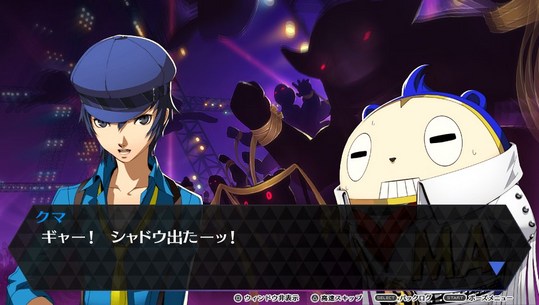
-
Persona 4 Dancing All Night #16

-
Persona 4 Dancing All Night #17
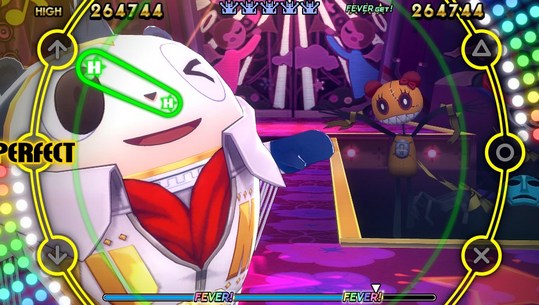
-
Persona 4 Dancing All Night #18
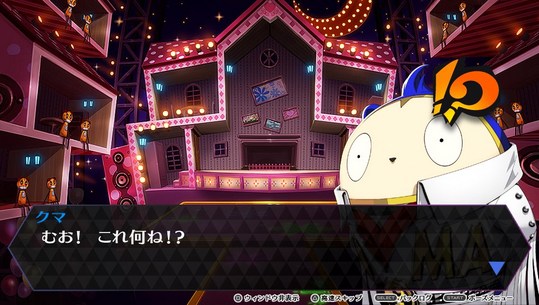
-
Persona 4 Dancing All Night #19
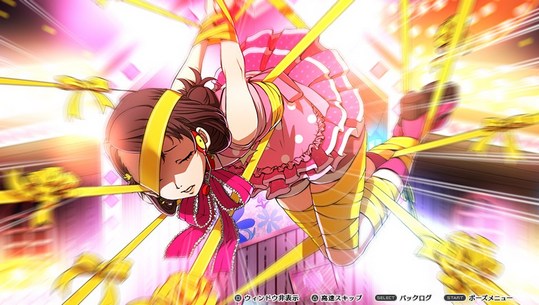
-
Persona 4 Dancing All Night #20
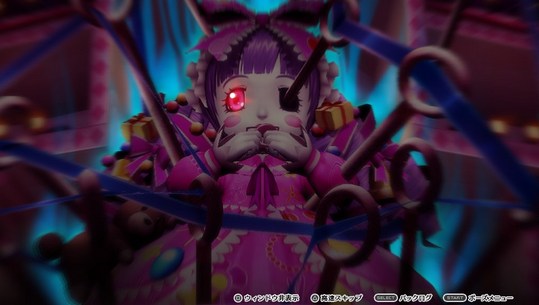
-
Persona 4 Dancing All Night #21
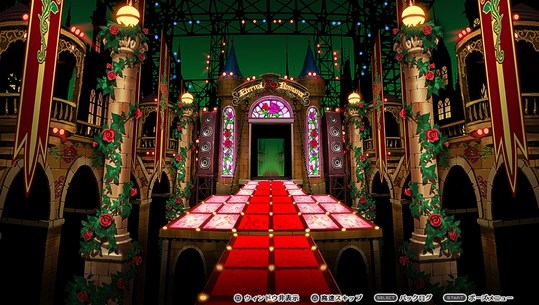
-
Persona 4 Dancing All Night #22
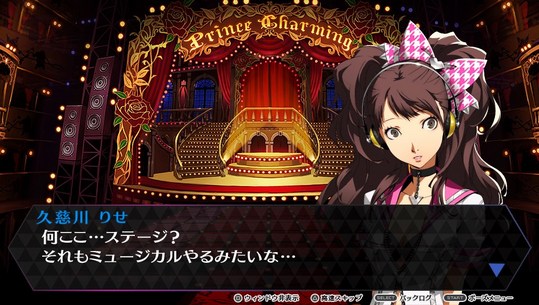
-
Persona 4 Dancing All Night #23
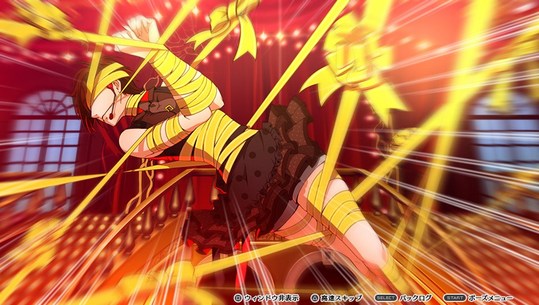
-
Persona 4 Dancing All Night #24
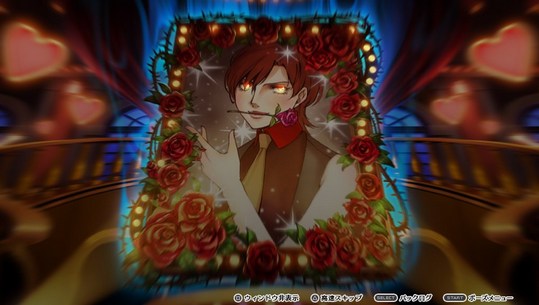
-
Persona 4 Dancing All Night #25
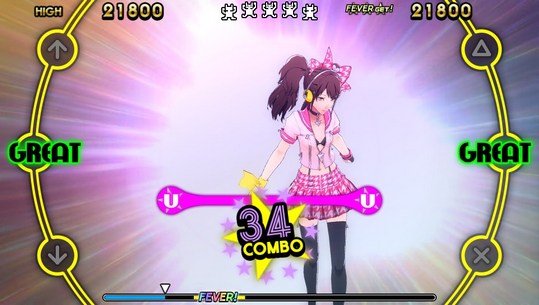
-
Persona 4 Dancing All Night #26
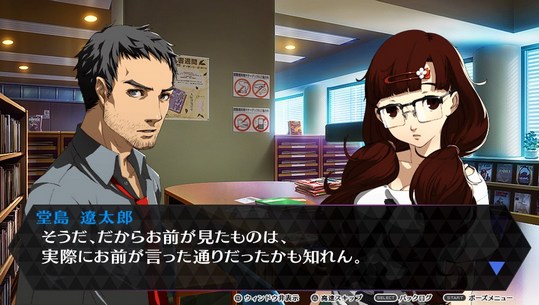
-
Persona 4 Dancing All Night #27
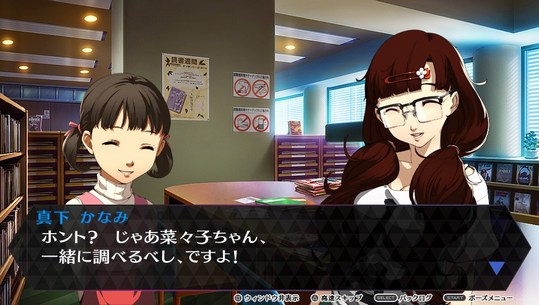
-
Persona 4 Dancing All Night #28
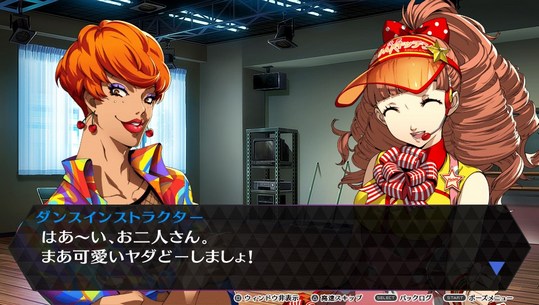
-
Persona 4 Dancing All Night #29
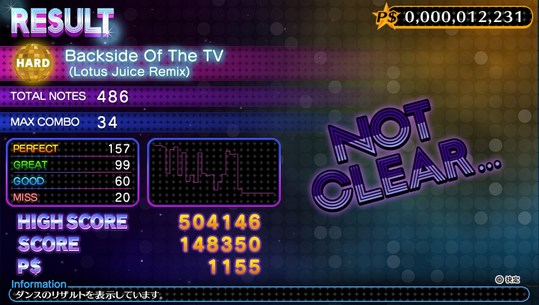
-
Persona 4 Dancing All Night #30
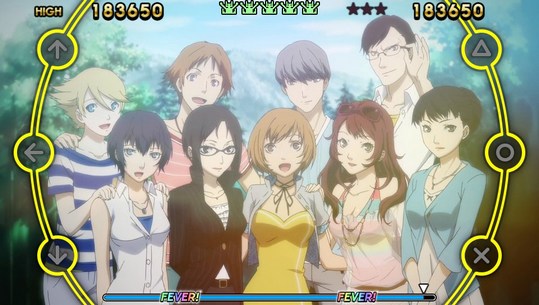
-
Persona 4 Dancing All Night #31
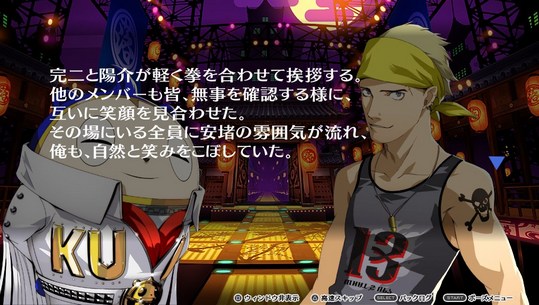
-
Persona 4 Dancing All Night #32
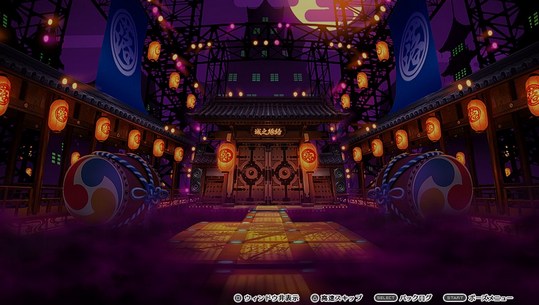
-
Persona 4 Dancing All Night #33
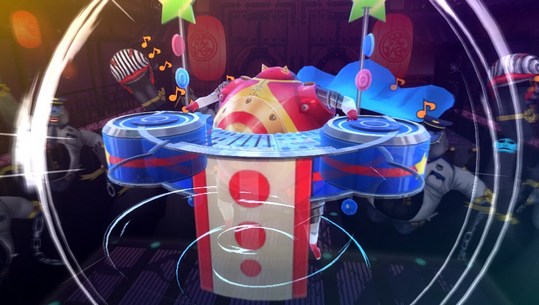
-
Persona 4 Dancing All Night #34
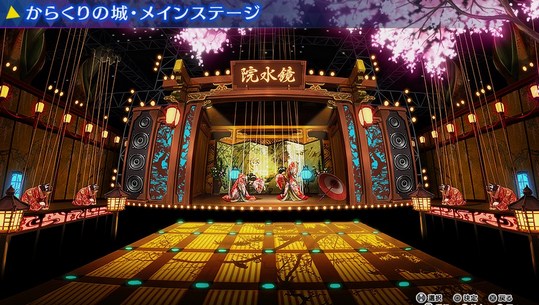
-
Persona 4 Dancing All Night #35
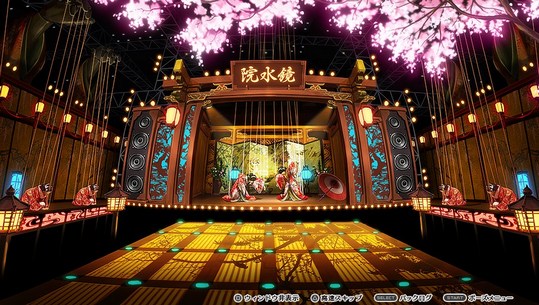
-
Persona 4 Dancing All Night #36
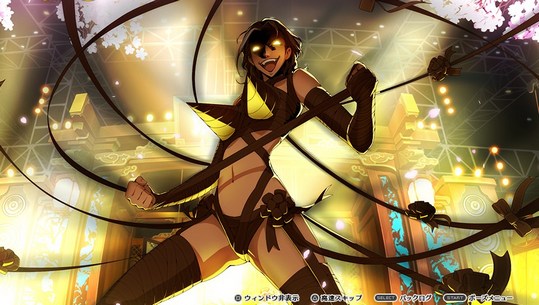
-
Persona 4 Dancing All Night #37
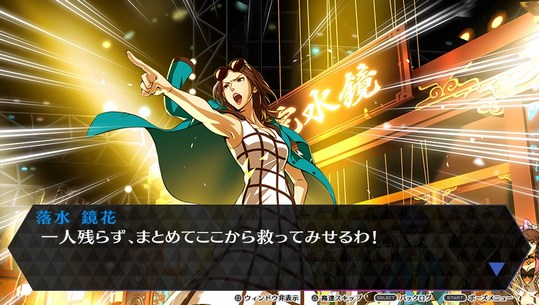
-
Persona 4 Dancing All Night #38
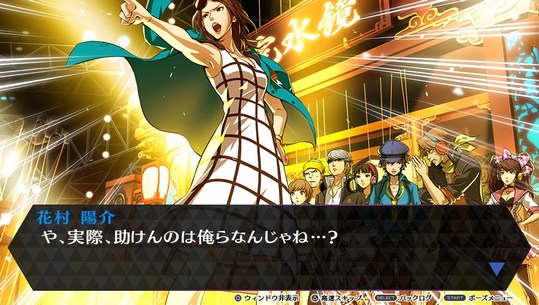
-
Persona 4 Dancing All Night #39
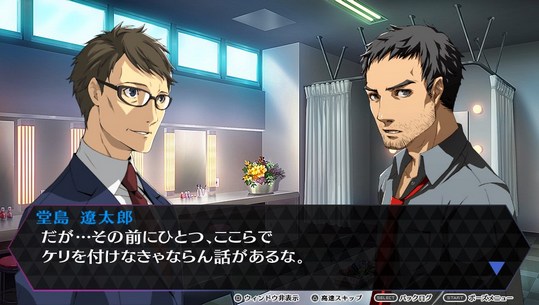
-
Persona 4 Dancing All Night #40
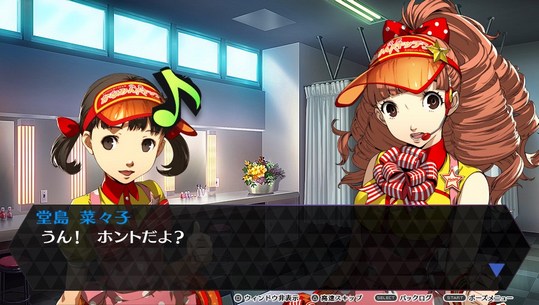
-
Persona 4 Dancing All Night #41
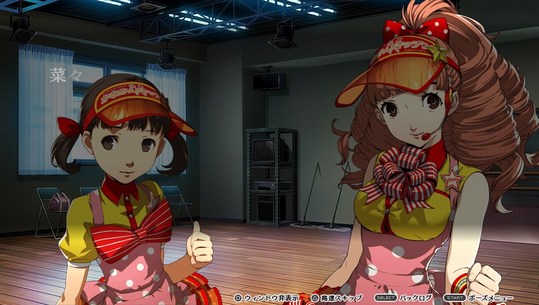
-
Persona 4 Dancing All Night #42
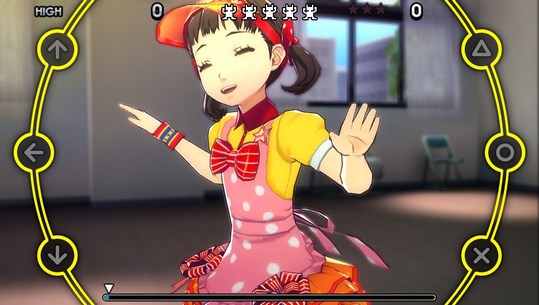
-
Persona 4 Dancing All Night #43
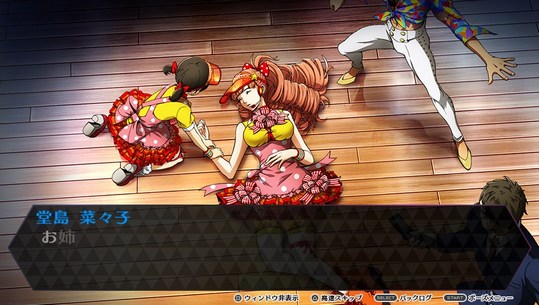
-
Persona 4 Dancing All Night #44
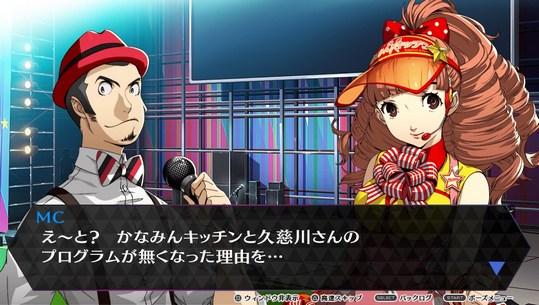
-
Persona 4 Dancing All Night #45
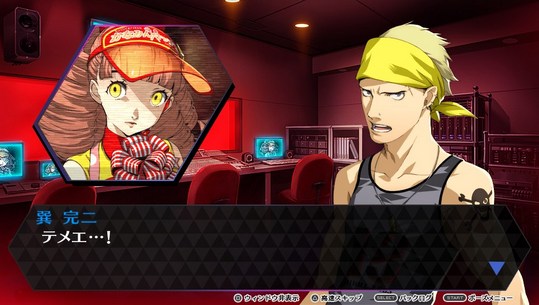
-
Persona 4 Dancing All Night #46
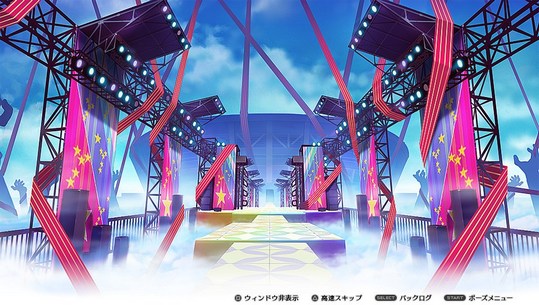
-
Persona 4 Dancing All Night #47

-
Persona 4 Dancing All Night #48
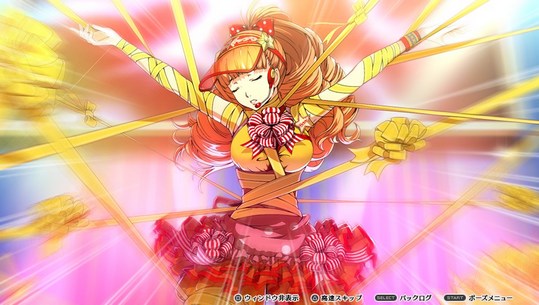
-
Persona 4 Dancing All Night #49
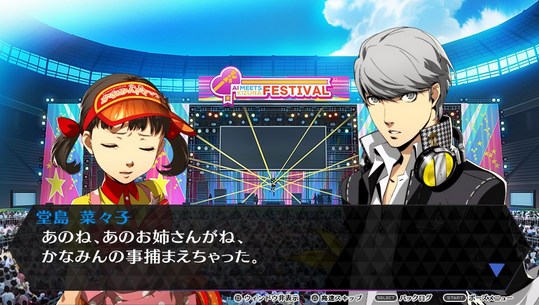
-
Persona 4 Dancing All Night #50
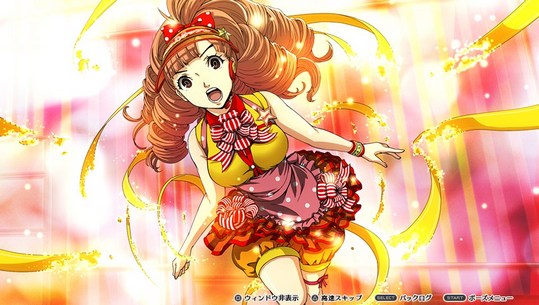
-
Persona 4 Dancing All Night #51
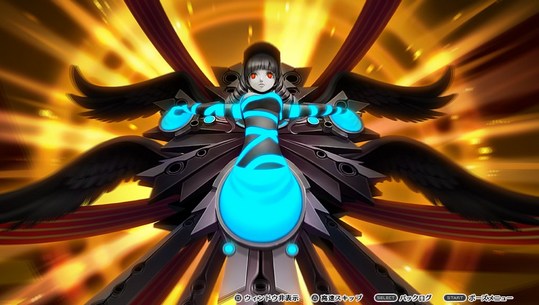
-
Persona 4 Dancing All Night #52
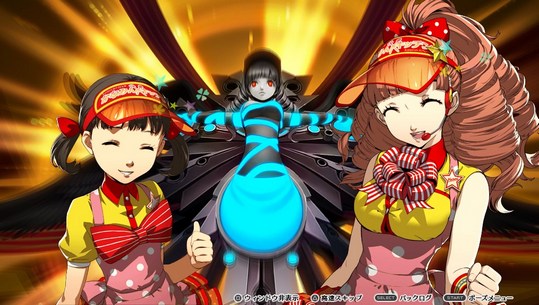
-
Persona 4 Dancing All Night #53
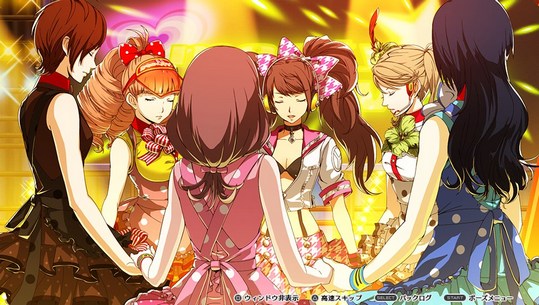
-
Persona 4 Dancing All Night #54
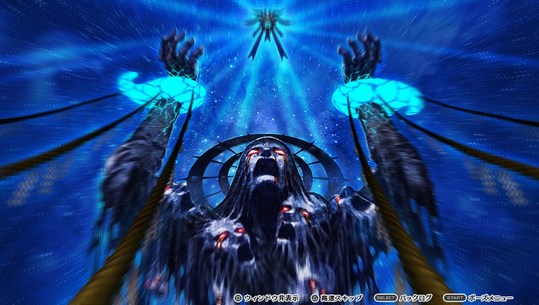
-
Persona 4 Dancing All Night #55
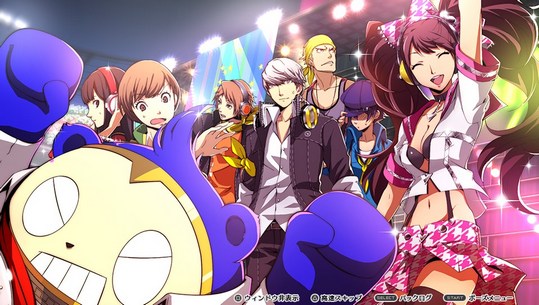
-
Persona 4 Dancing All Night #56

-
Persona 4 Dancing All Night #57
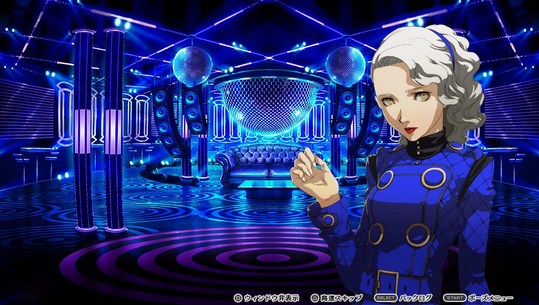
-
Persona 4 Dancing All Night #58
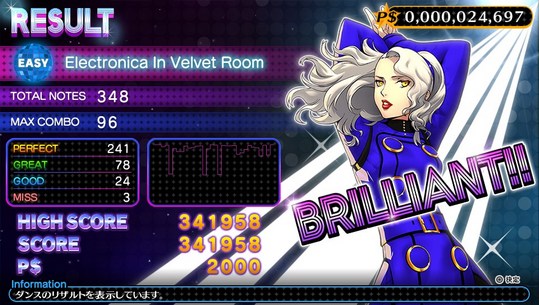
-
Persona 4 Dancing All Night #59
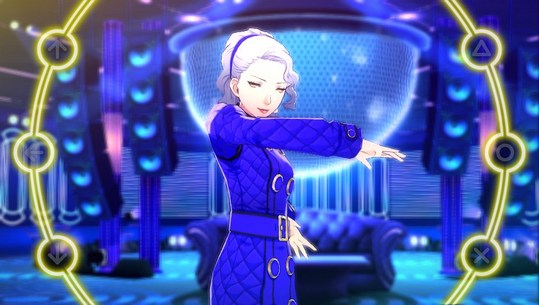
-
Persona 4 Dancing All Night #60
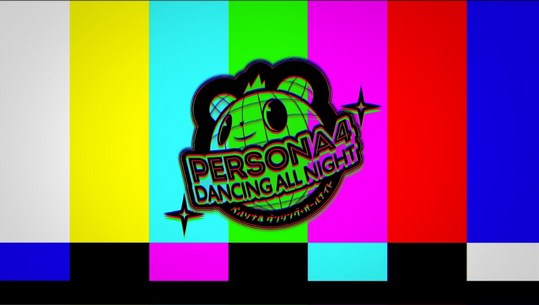
-
Persona 4 Dancing All Night #61
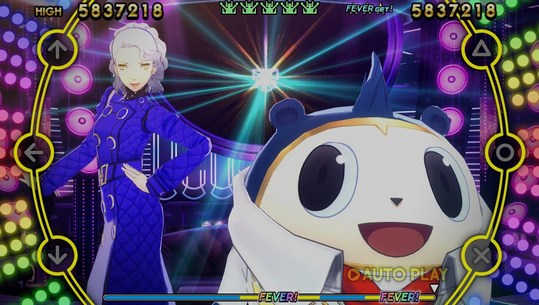
-
Persona 4 Dancing All Night #62
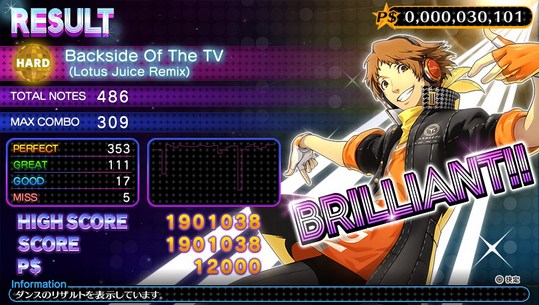
-
Persona 4 Dancing All Night #63
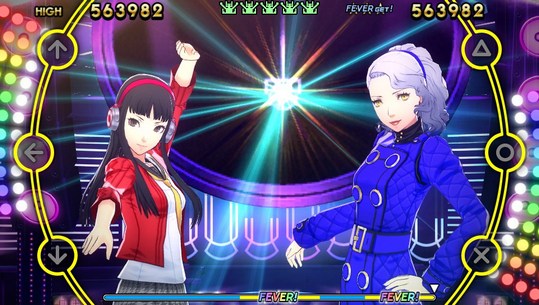
-
Persona 4 Dancing All Night #64
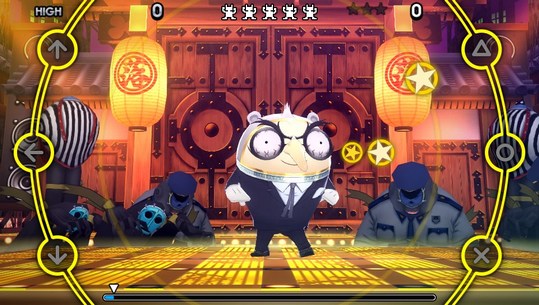
-
Persona 4 Dancing All Night #65
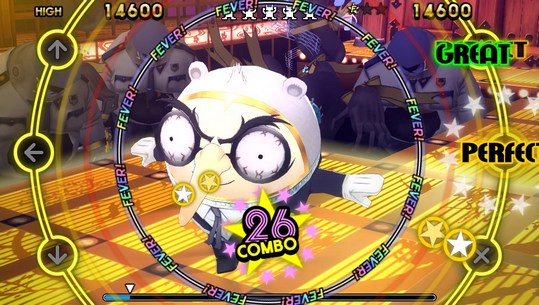
-
Persona 4 Dancing All Night #66
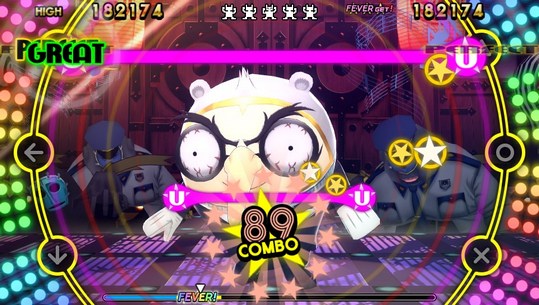
-
Persona 4 Dancing All Night #67
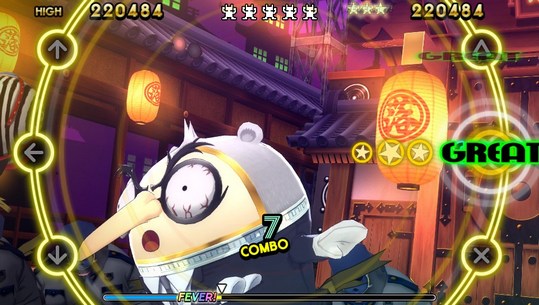
-
Persona 4 Dancing All Night #68
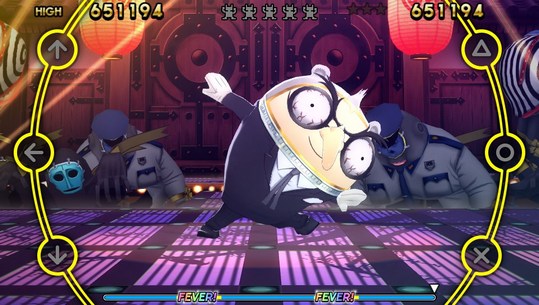
-
Persona 4 Dancing All Night #69
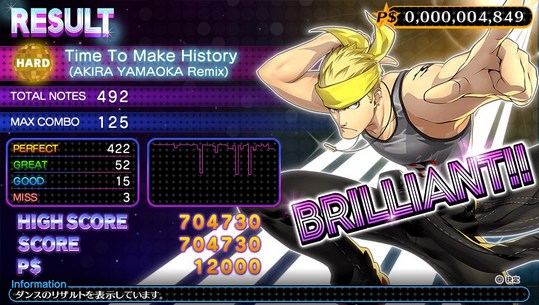
-
Persona 4 Dancing All Night #70
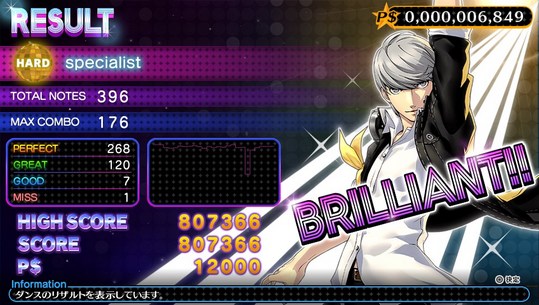
-
Persona 4 Dancing All Night #71
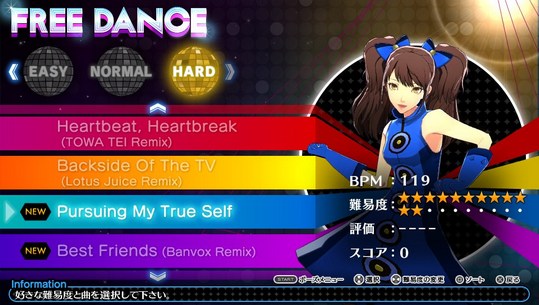
-
Persona 4 Dancing All Night #72

-
Persona 4 Dancing All Night #73
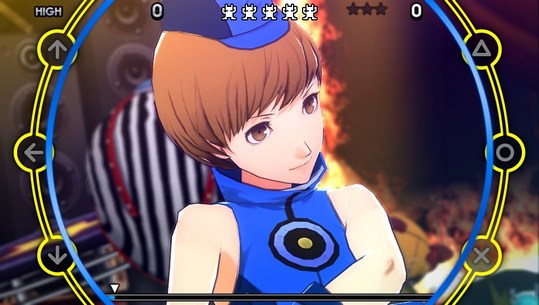
-
Persona 4 Dancing All Night #74
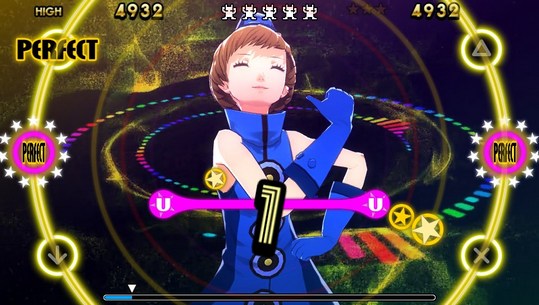
-
Persona 4 Dancing All Night #75
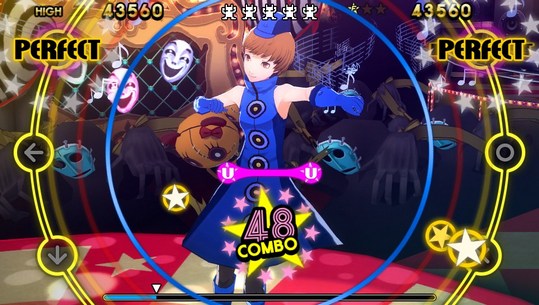
-
Persona 4 Dancing All Night #76
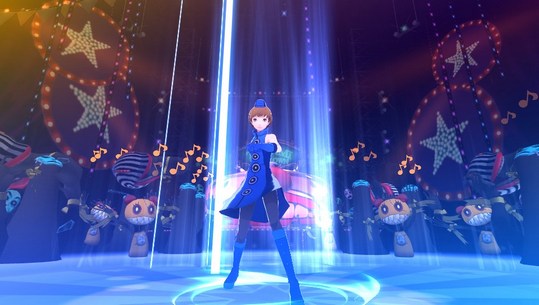
-
Persona 4 Dancing All Night #77
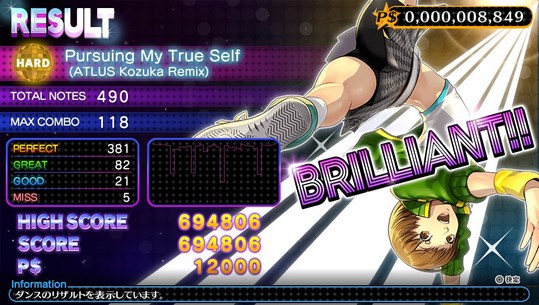
-
Persona 4 Dancing All Night #78
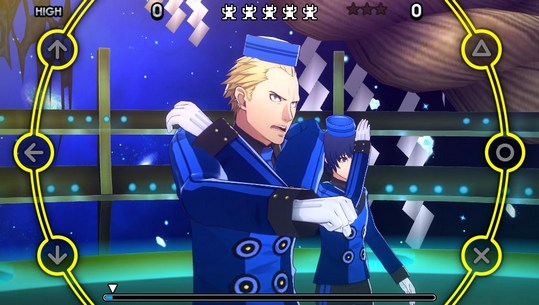
-
Persona 4 Dancing All Night #79
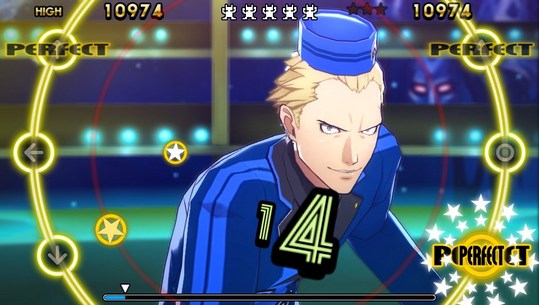
-
Persona 4 Dancing All Night #80
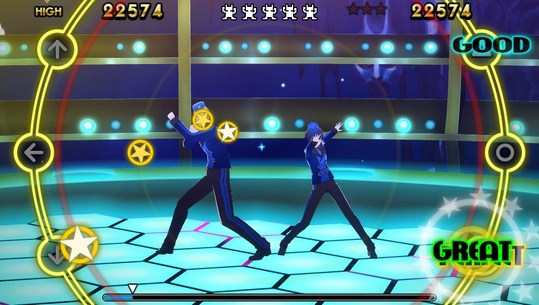
-
Persona 4 Dancing All Night #81
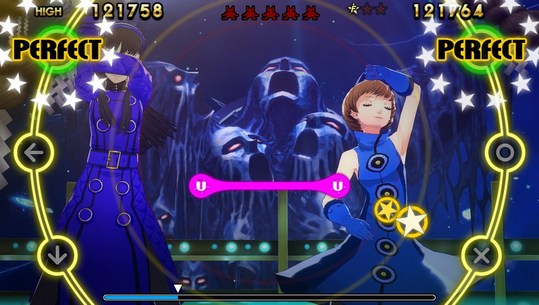
-
Persona 4 Dancing All Night #82
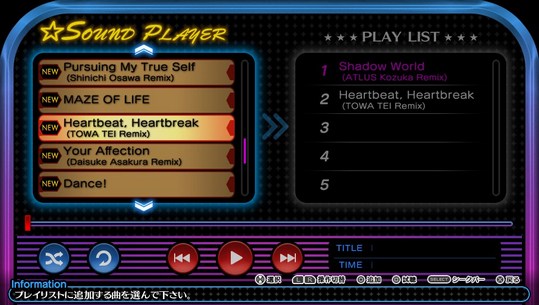
-
Persona 4 Dancing All Night #83
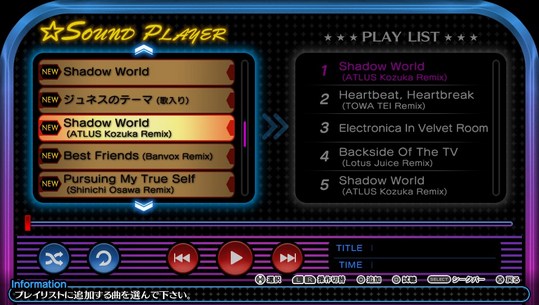
-
Persona 4 Dancing All Night #84
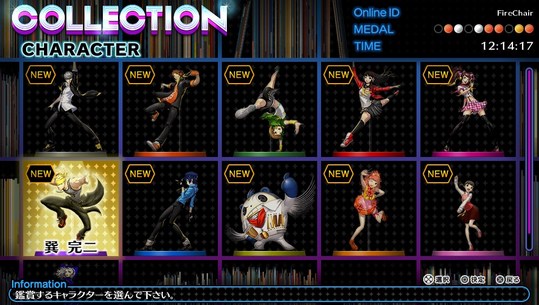
-
Persona 4 Dancing All Night #85
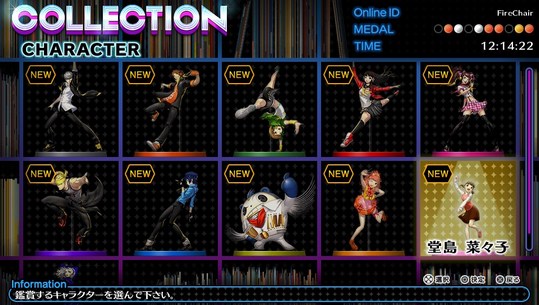
-
Persona 4 Dancing All Night #86

-
Persona 4 Dancing All Night #87
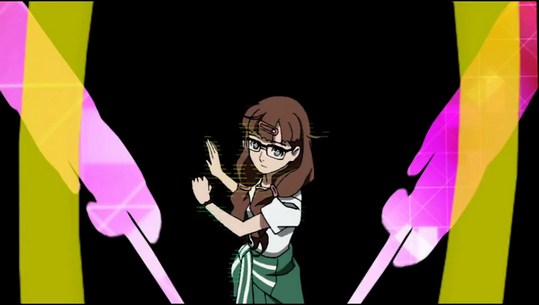
-
Persona 4 Dancing All Night #88
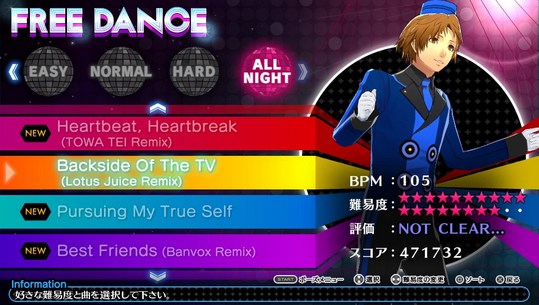
-
Persona 4 Dancing All Night #89
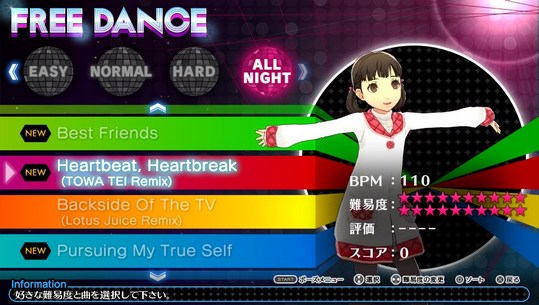
-
Persona 4 Dancing All Night #90
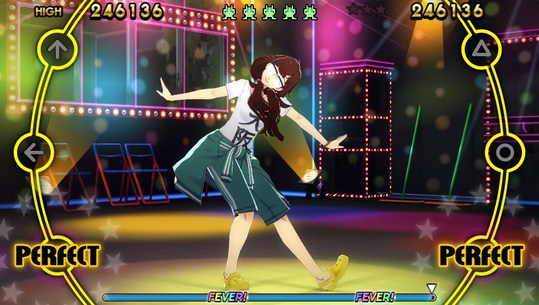
-
Persona 4 Dancing All Night #91
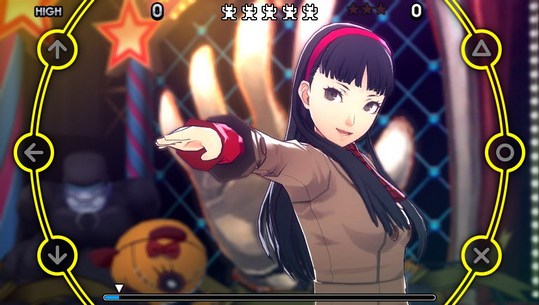
-
Persona 4 Dancing All Night #92
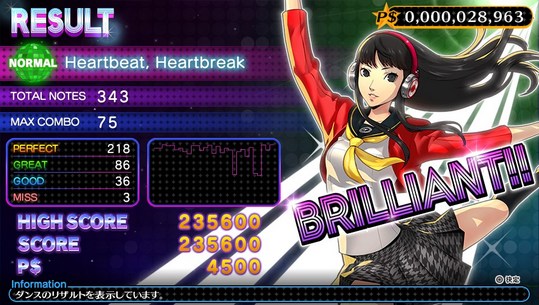
-
Persona 4 Dancing All Night #93
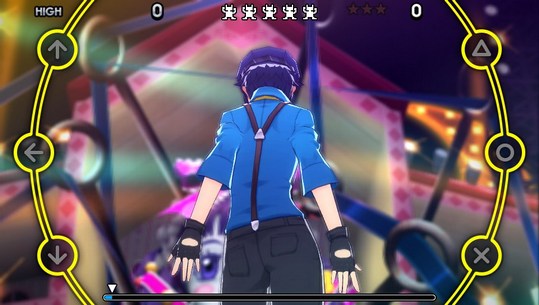
-
Persona 4 Dancing All Night #94
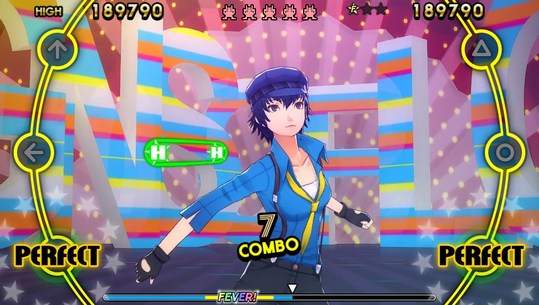
-
Persona 4 Dancing All Night #95
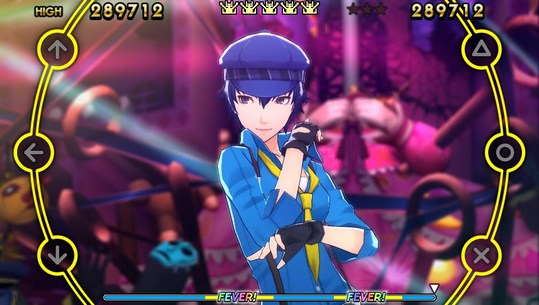
-
Persona 4 Dancing All Night #96
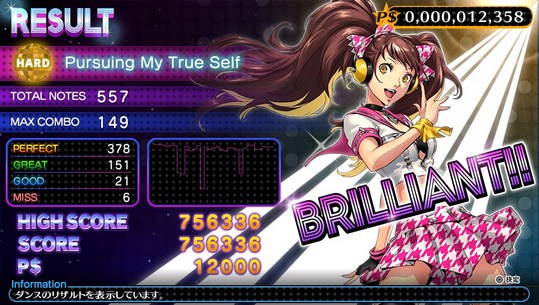
-
Persona 4 Dancing All Night #97
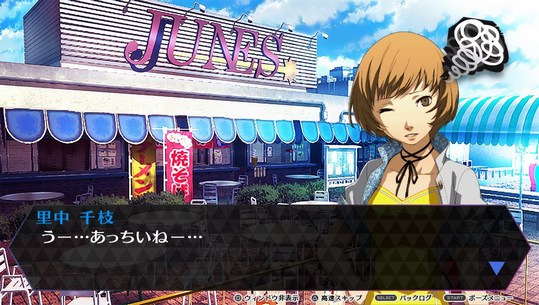
-
Persona 4 Dancing All Night #98
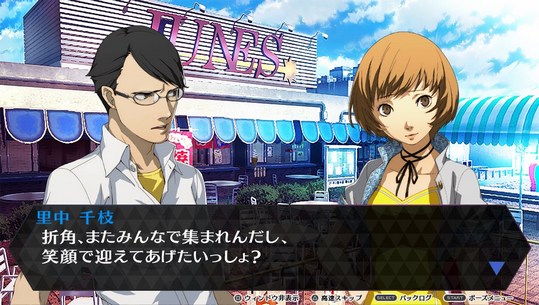
-
Persona 4 Dancing All Night #99
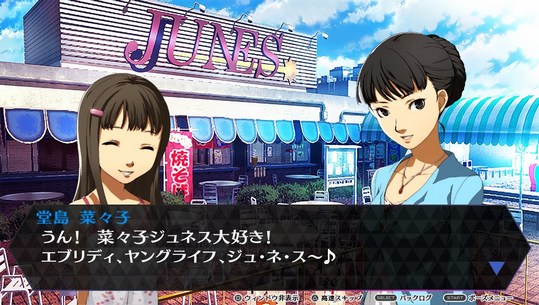
-
Persona 4 Dancing All Night #100
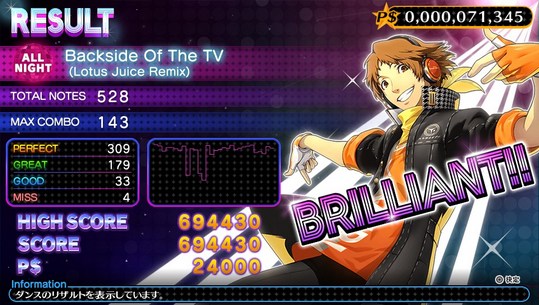
-
Persona 4 Dancing All Night #101
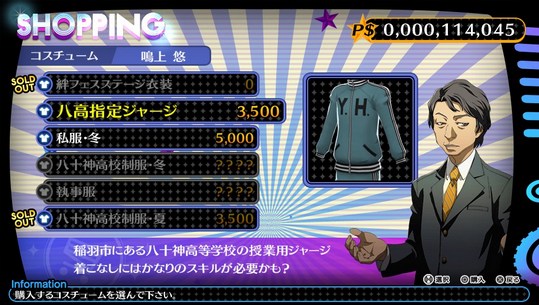
-
Persona 4 Dancing All Night #102
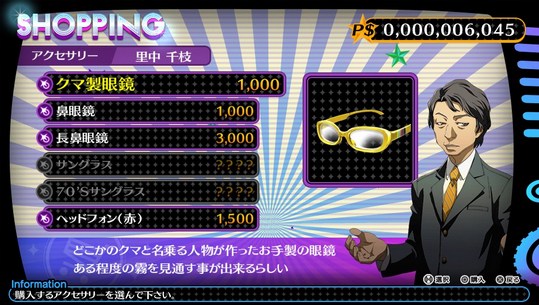
-
Persona 4 Dancing All Night #103
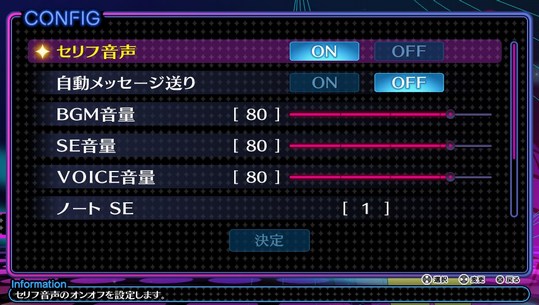
-
Persona 4 Dancing All Night #104
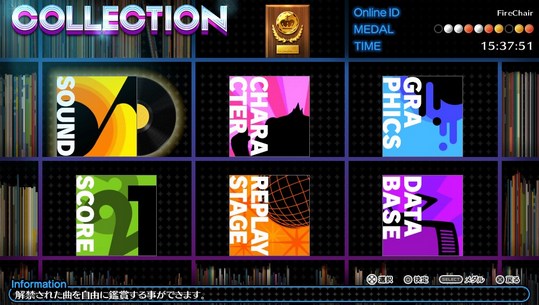
-
Persona 4 Dancing All Night #105
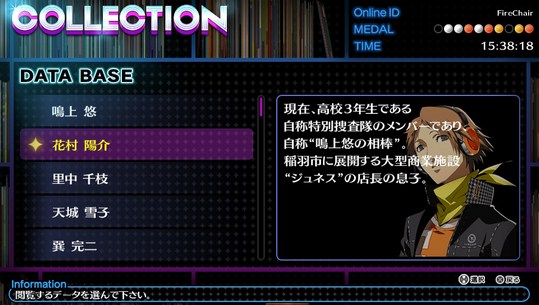
-
Persona 4 Dancing All Night #106
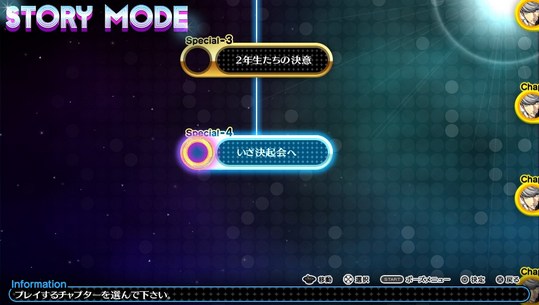
-
Persona 4 Dancing All Night #107
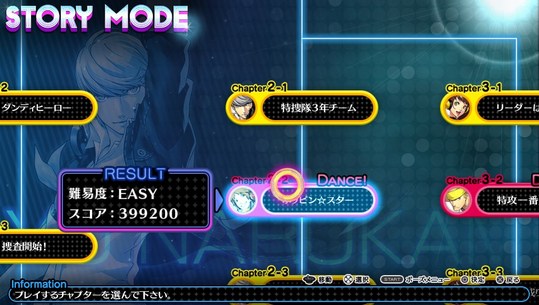
-
Persona 4 Dancing All Night #108
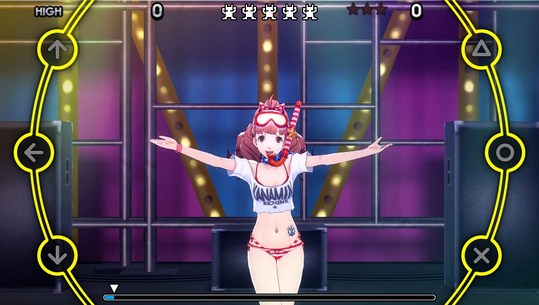
-
Persona 4 Dancing All Night #109
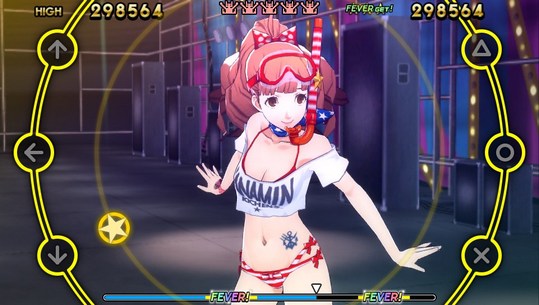
-
Persona 4 Dancing All Night #110
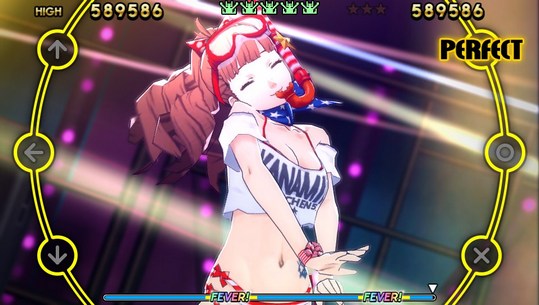
-
Persona 4 Dancing All Night #111
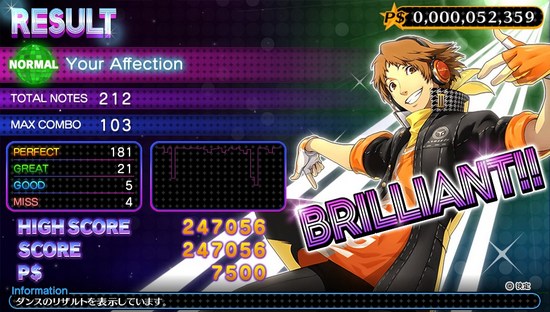
-
Persona 4 Dancing All Night #112
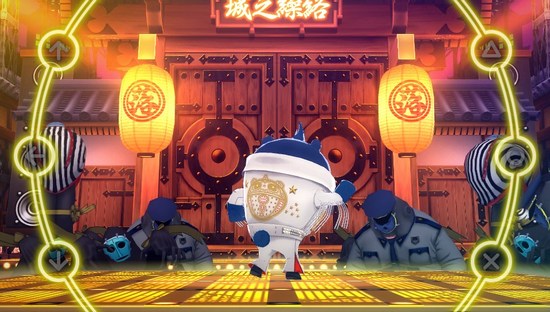
-
Persona 4 Dancing All Night #113
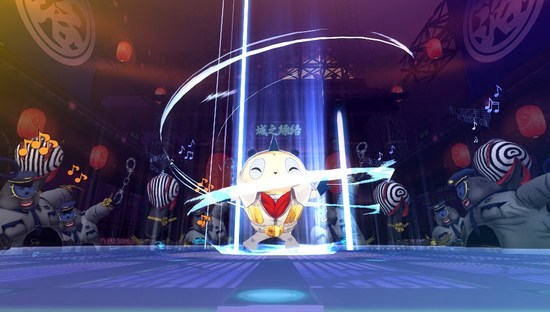
-
Persona 4 Dancing All Night #114
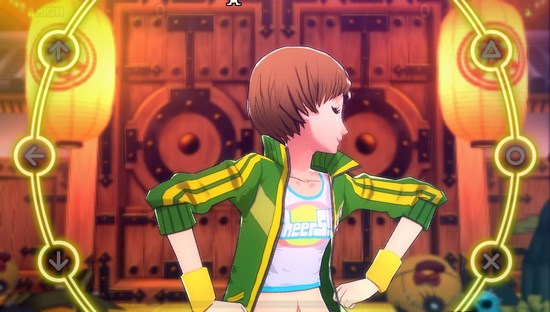
-
Persona 4 Dancing All Night #115
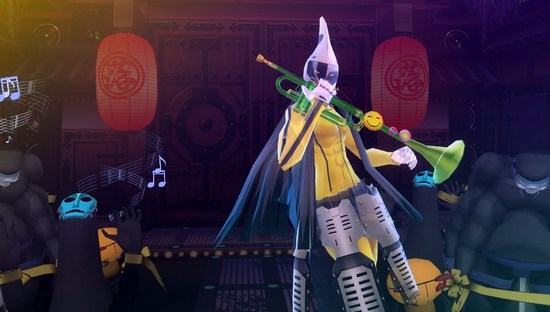
-
Persona 4 Dancing All Night #116
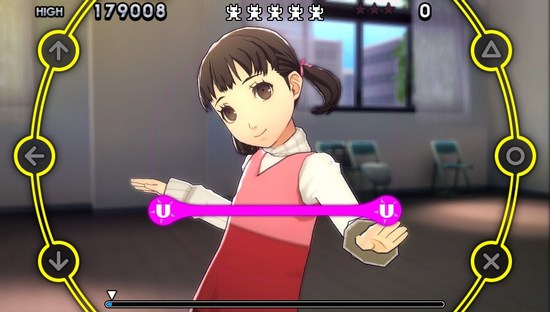
-
Persona 4 Dancing All Night #117
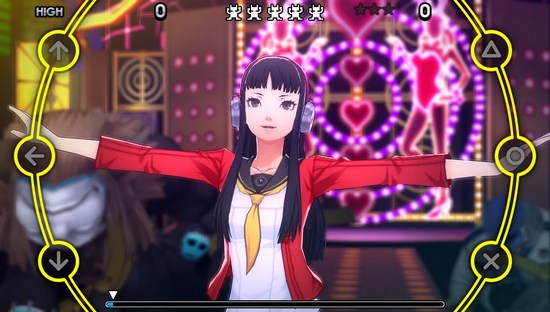
-
Persona 4 Dancing All Night #118
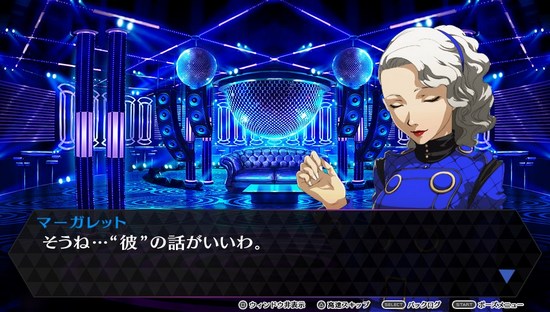
-
Persona 4 Dancing All Night #119
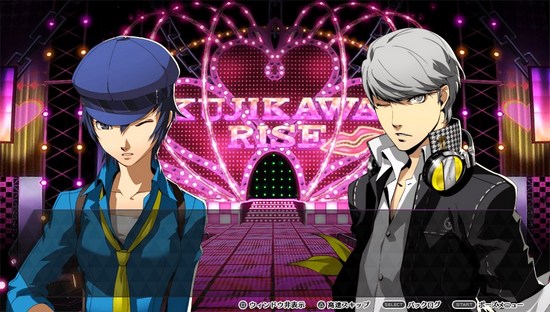
-
Persona 4 Dancing All Night #120
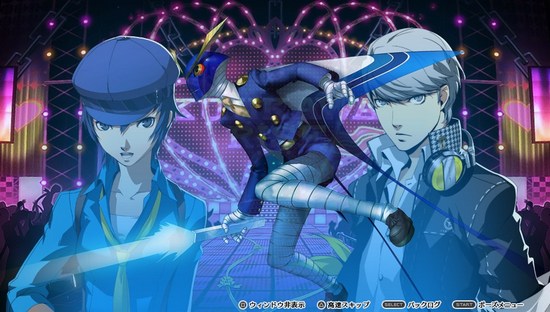
-
Persona 4 Dancing All Night #121
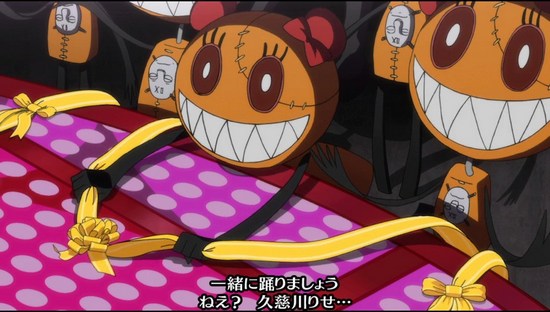
-
Persona 4 Dancing All Night #122
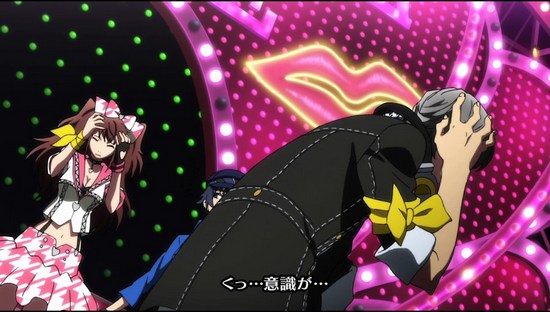
-
Persona 4 Dancing All Night #123
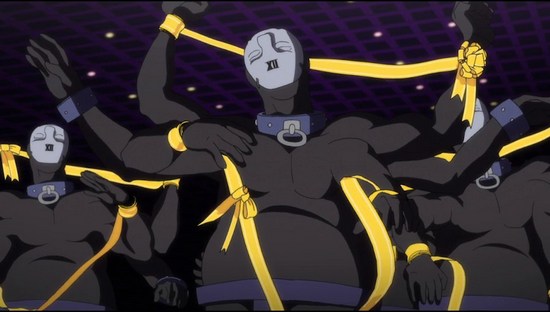
-
Persona 4 Dancing All Night #124
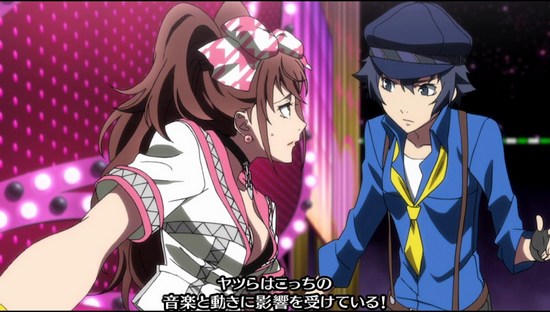
-
Persona 4 Dancing All Night #125
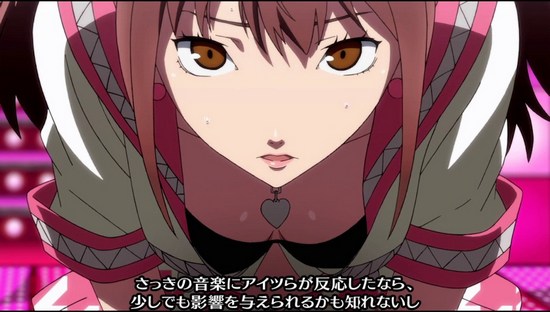
-
Persona 4 Dancing All Night #126
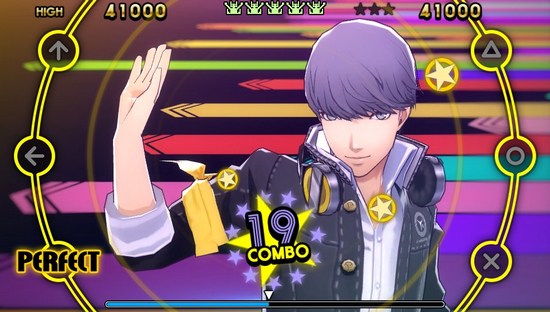
-
Persona 4 Dancing All Night #127
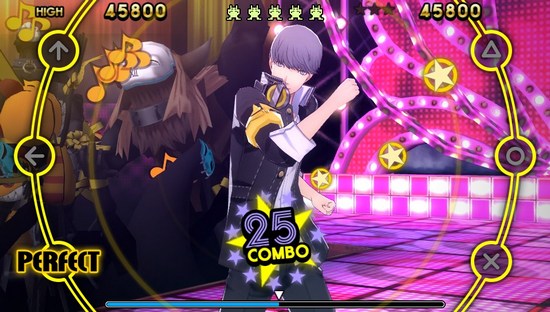
-
Persona 4 Dancing All Night #128
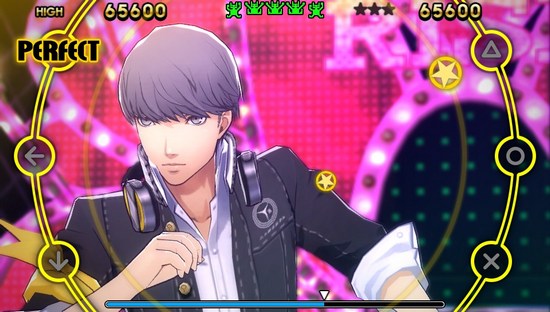
-
Persona 4 Dancing All Night #129
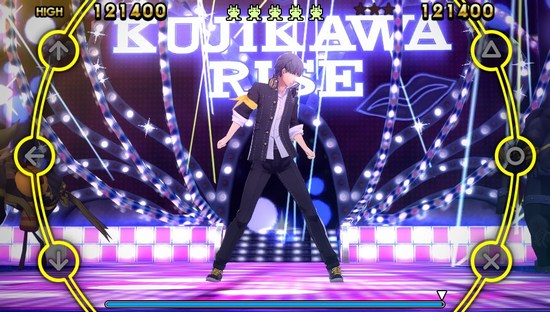
-
Persona 4 Dancing All Night #130
